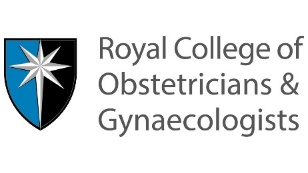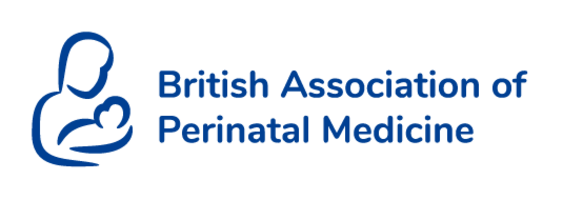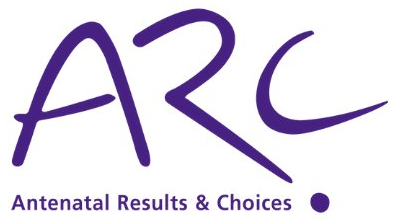Sadly, some babies are born too early in pregnancy to survive following birth. MBRRACE-UK have developed clinical guidance to help doctors and midwives caring for these babies. Here we provide a summary of the guidance.
We are very sorry if you are reading this summary following the death of your baby.
Summary for parents and families
Births before 24 weeks of pregnancy
Sadly some babies are born too early in pregnancy to survive following birth. A pregnancy usually lasts for about 40 weeks but babies born before 22 weeks are so small that their lungs and other organs are not developed enough for them to live for more than a few minutes or hours after they are born even with the very best neonatal care available. Some of these tiny babies die before or during birth while some babies may show signs of life for a short time after birth.
This also applies to some babies born at 22 or 23 weeks of pregnancy. Survival may be possible in some cases for babies born this early but that is not always the case, and sometimes doctors and parents will decide that the best thing for a baby born so early is to focus on their comfort.
What is this clinical guidance for?
This guidance is designed to help doctors and midwives caring for babies born this early. Specifically, it is designed to help them determine whether a newborn baby is showing signs of life. Babies who survive birth may show signs of life such as a clearly visible heartbeat, breathing or sustained gasps, or definite movement of their limbs. The length of time a baby will shows these signs is hard to predict and may be only a few minutes but can occasionally be up to a few hours. However, not all movements in babies born this early are signs of life. Some babies who have died shortly before they are born may show brief reflex movements (for example flickering movements of their chest wall) that last less than a minute. The guidance does not cover medical terminations of pregnancy.
What does this clinical guidance mean for parents?
This is likely to be very distressing for parents. Helping doctors and midwives with the assessment of signs of life in newborn babies who are born before 24 weeks of pregnancy will help to ensure families are cared for in a consistent way and help contain distress and confusion experienced by parents at a very difficult time.
Who developed this clinical guidance?
A first draft of the guidance was developed by doctors, midwives, health policy and health research experts and parent advocates. We then amended the guidance following a consultation to ensure that the guidance was clear, comprehensive and useful for its intended readers. We were able to incorporate the views of a wide range of organisations and individuals who responded to the consultation including health professionals, government representatives, charities and organisations that work with women and parents.
A note on language
We have used the terms parents and baby in this document because this is how many people choose to describe how they feel. However we recognise every person’s experience is unique and apologise to those who find these terms upsetting and prefer to be addressed as individuals rather than parents and for their loss to be referred to as the end of their pregnancy or as a miscarriage.
For those affected by the death of a baby who would like support or information after reading this document, the following links may be helpful.
- Sands
- Website www.sands.org.uk/support-you
Telephone 0808 163 3332
Email helpline@sands.org.uk - Antenatal Results and Choices
- Website www.arc-uk.org
Telephone 020 7713 7486
Email info@arc-uk.org - Miscarriage Association
- Website www.miscarriageassociation.org.uk
Telephone 01924 200799
Email info@miscarriageassociation.org.uk





